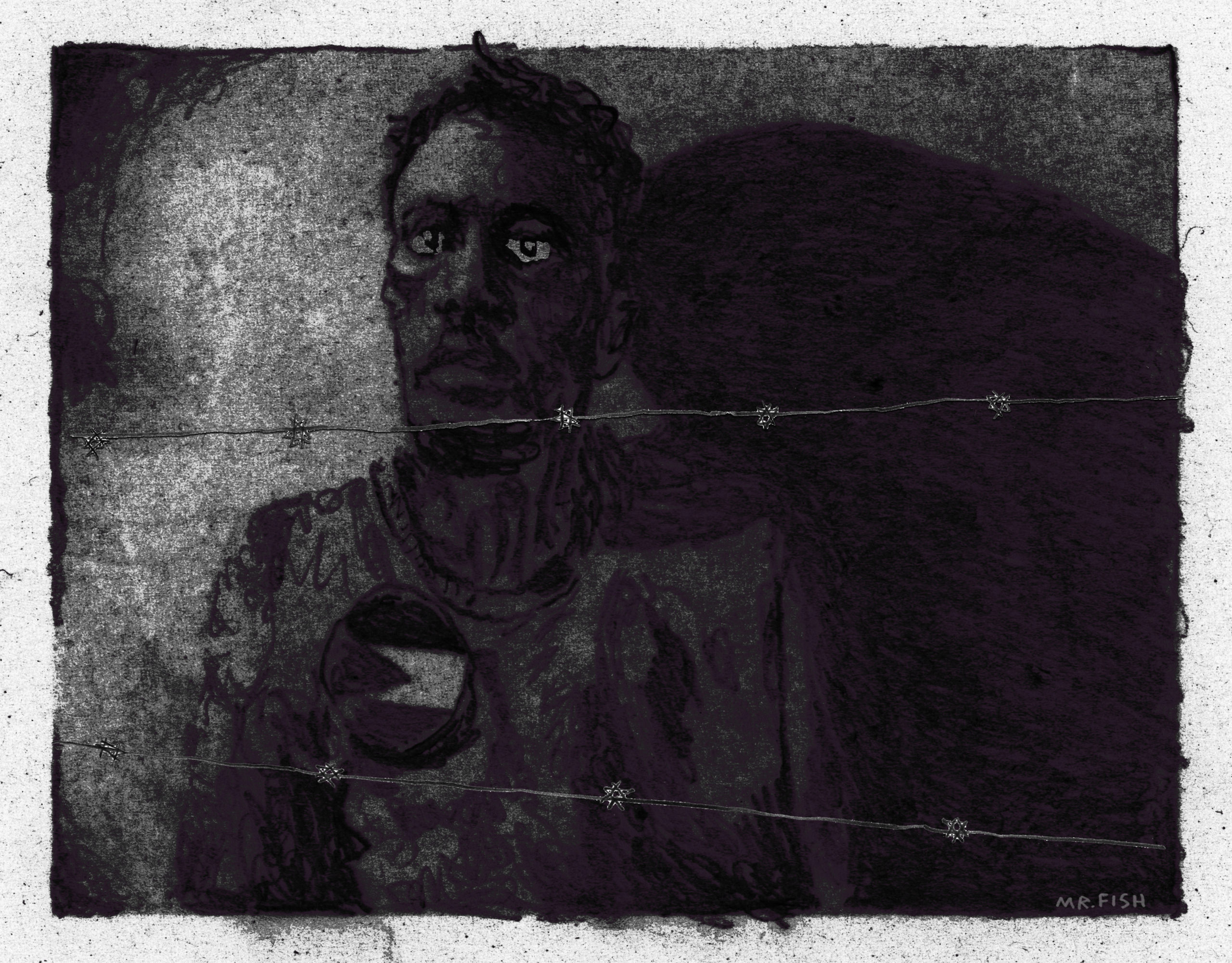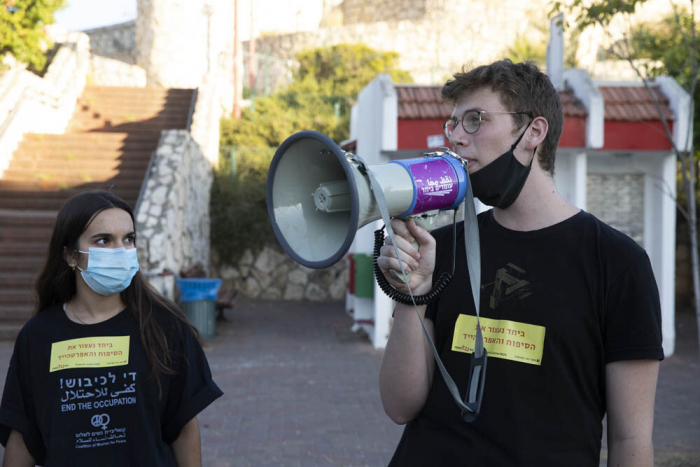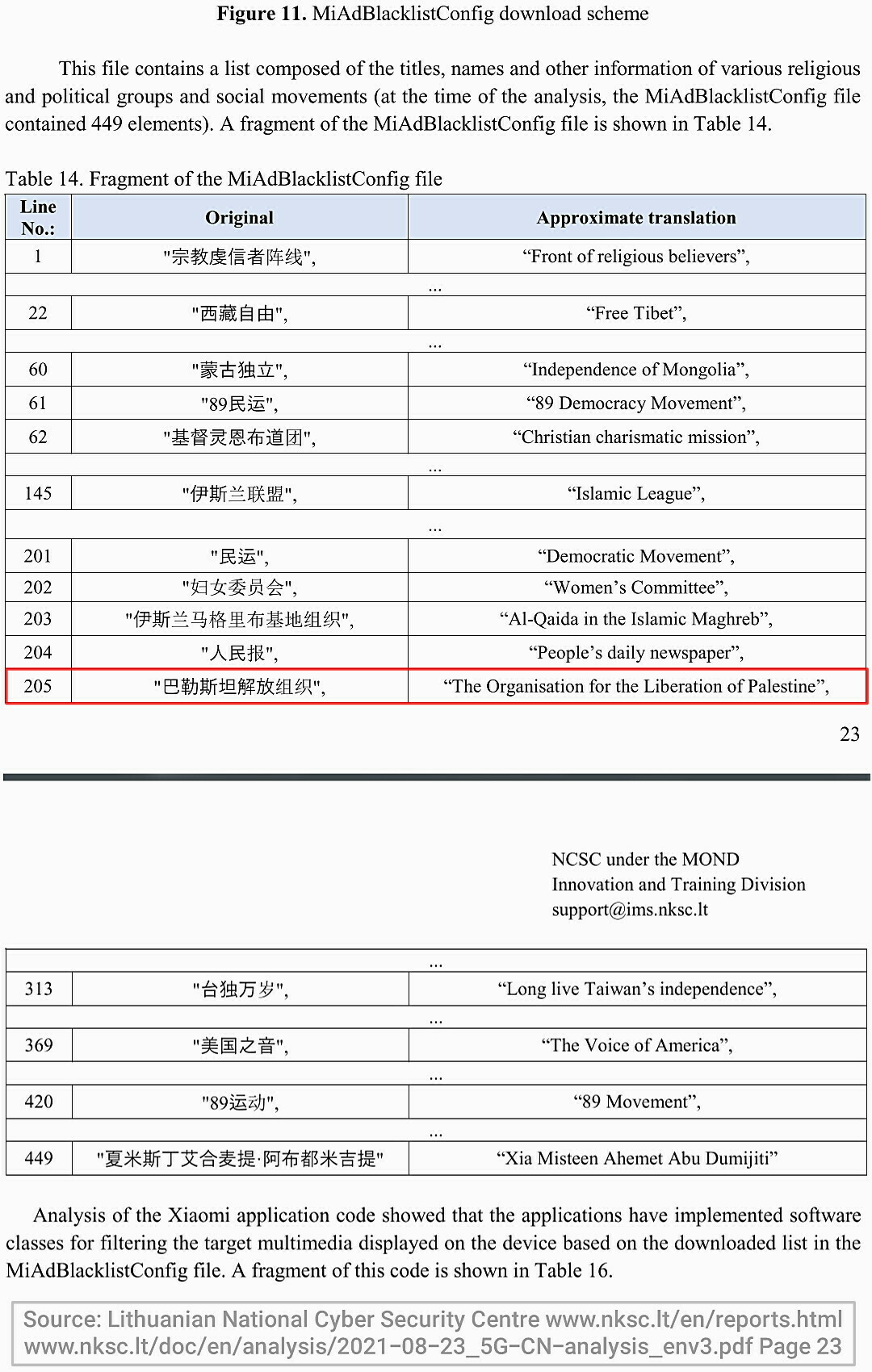In 2002, the #Israeli High Court of Justice clarified #ConscientiousObjector status. While #refusal to serve based on one’s #conscience is legal, it is very difficult to prove. What is not legal is “selective refusal,” which is based on #opposition to government policy regarding specific #military or #political actions (e.g., #occupation). Other disallowed categories include “absence from service without permission,” with a maximum #punishment of three years, and desertion, which carries a penalty of up to 15 years in prison and a permanent criminal record. There is no statute of limitation. Being out of the country is not an acceptable excuse. Citizens can be arrested upon return.
The procedure for declaring #ConscientiousObjection status goes through military channels. It is handled as that of a #soldier refusing to obey orders. On the scheduled day of military induction, a person declares that s/he refuses to enter the military compound based on conscience. The person is sent immediately to the Military Conscience Committee. Usually, the panel is not convinced of the conscientious objector argument and the young person goes to military #prison for 10 to 15 days. Afterwards, they reappear in front of the committee. The process repeats itself and the young man or woman is returned to prison to work and think further about their decision. This process repeats over and over, with some spending months in prison. Finally, those who do not change their minds are commonly referred to the Medical Corps to be declared mentally unfit. Some agree to military service in noncombat positions. Those who prefer to quietly avoid this prison process entirely will find a doctor or psychiatrist who is willing to have them diagnosed as mentally or physically unfit previous to the induction process.















